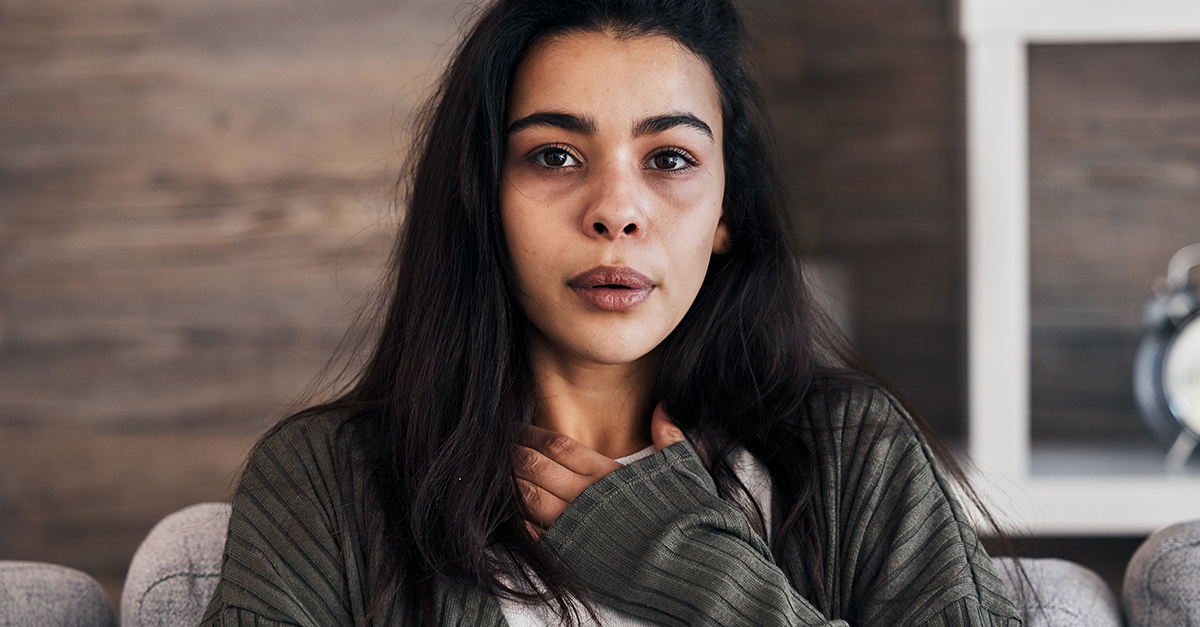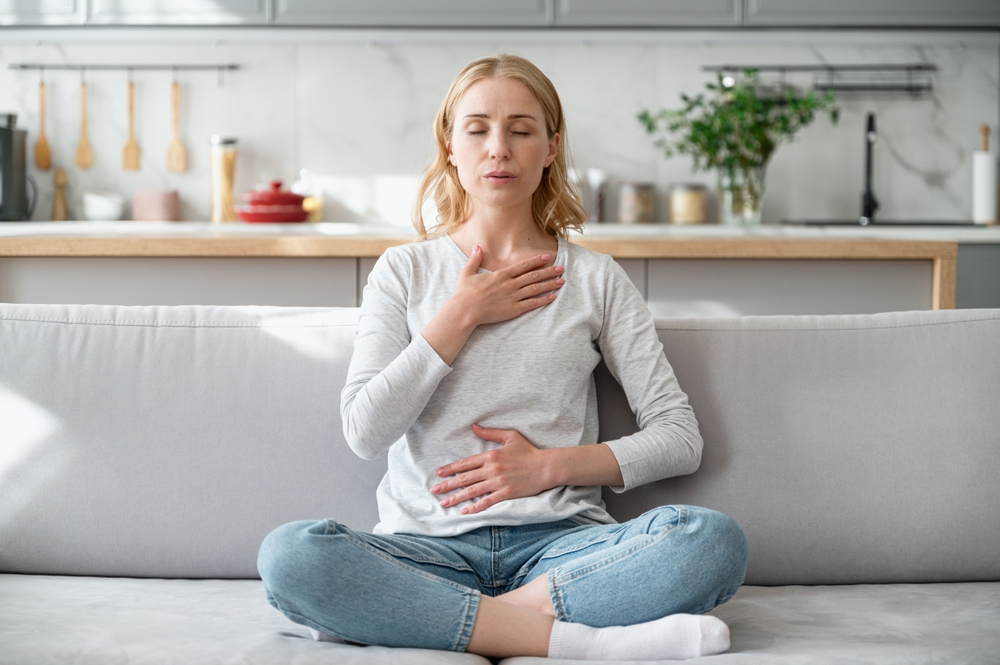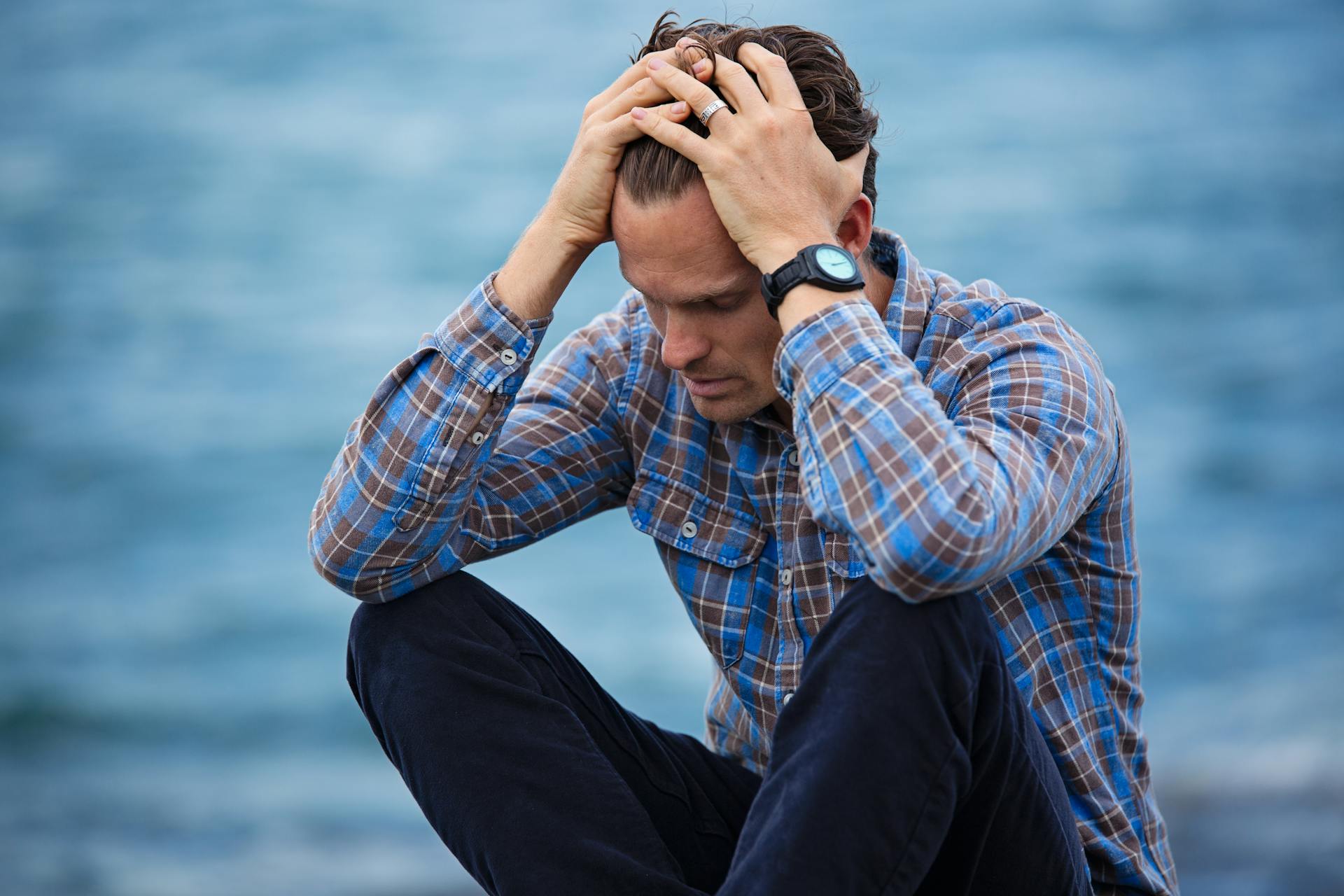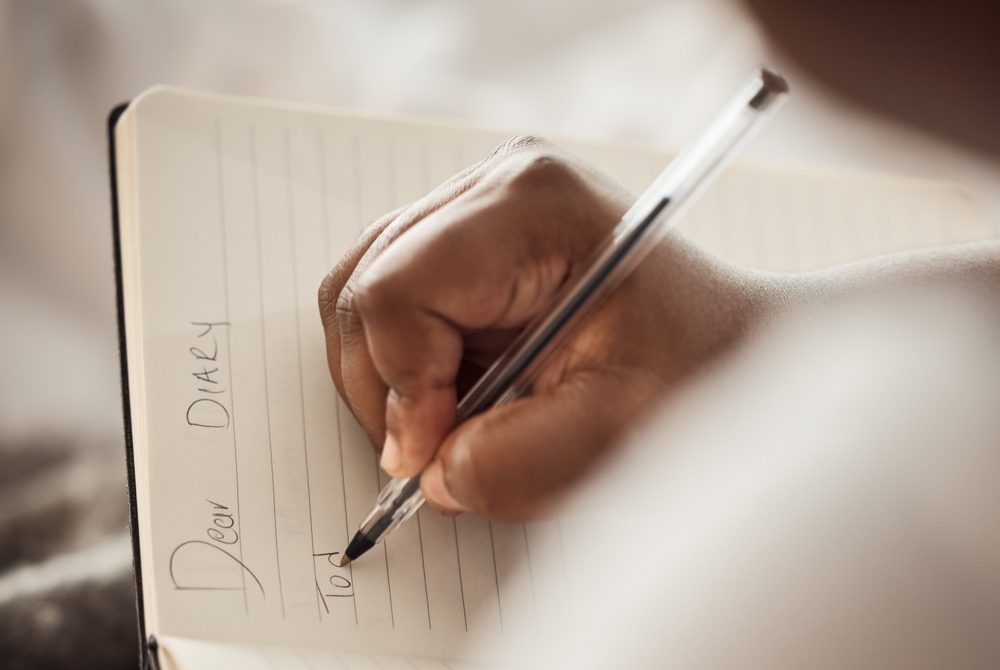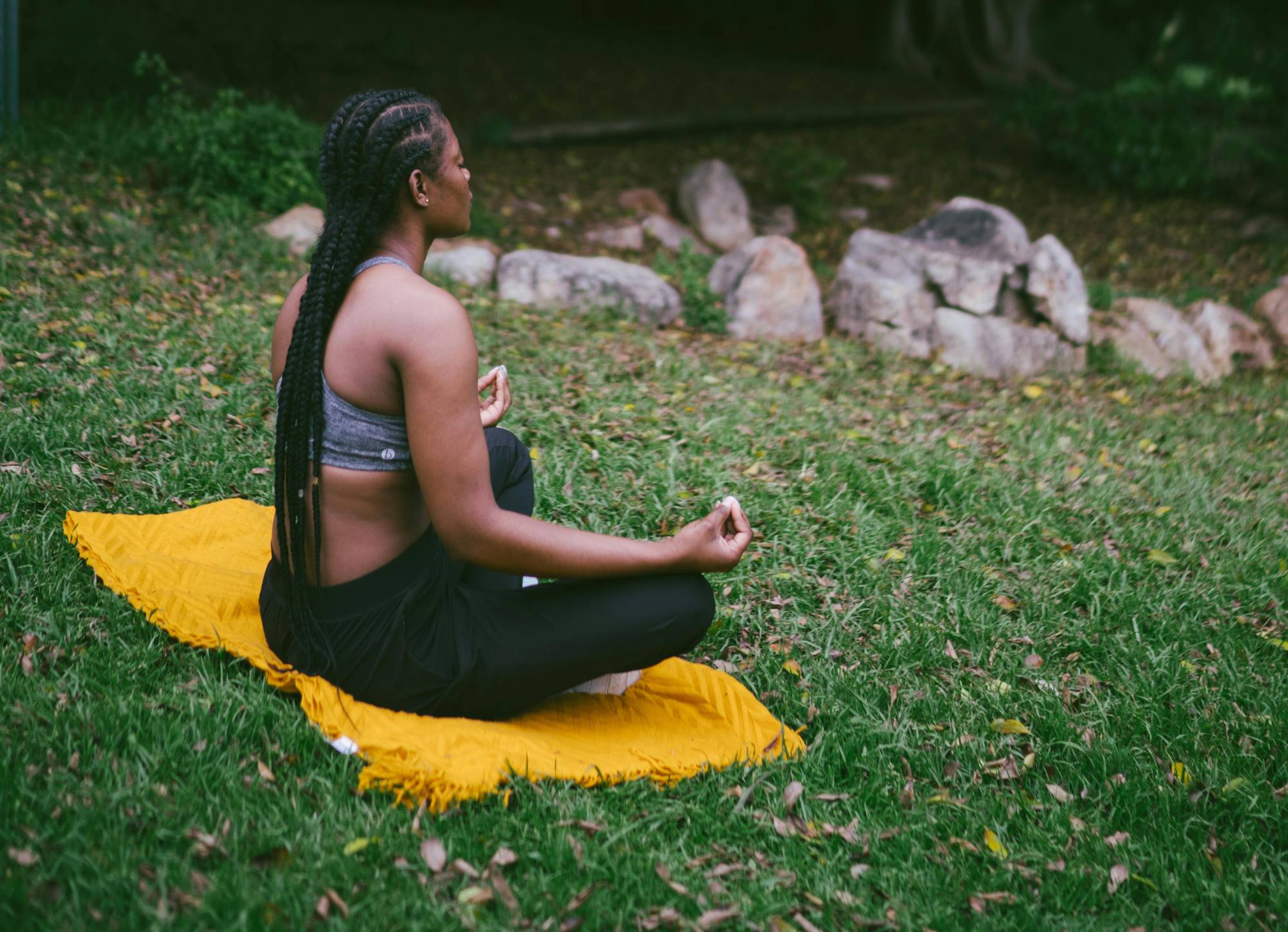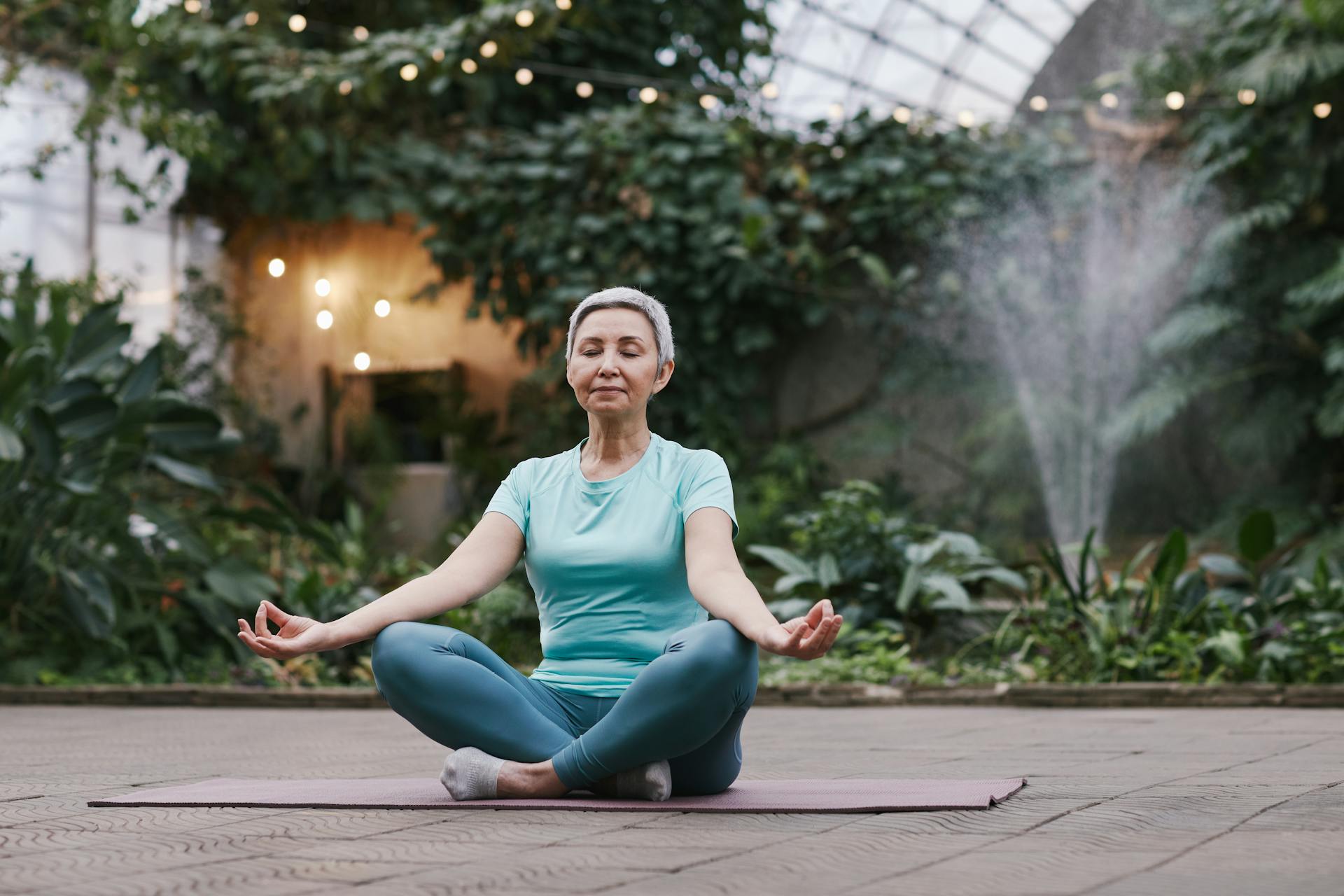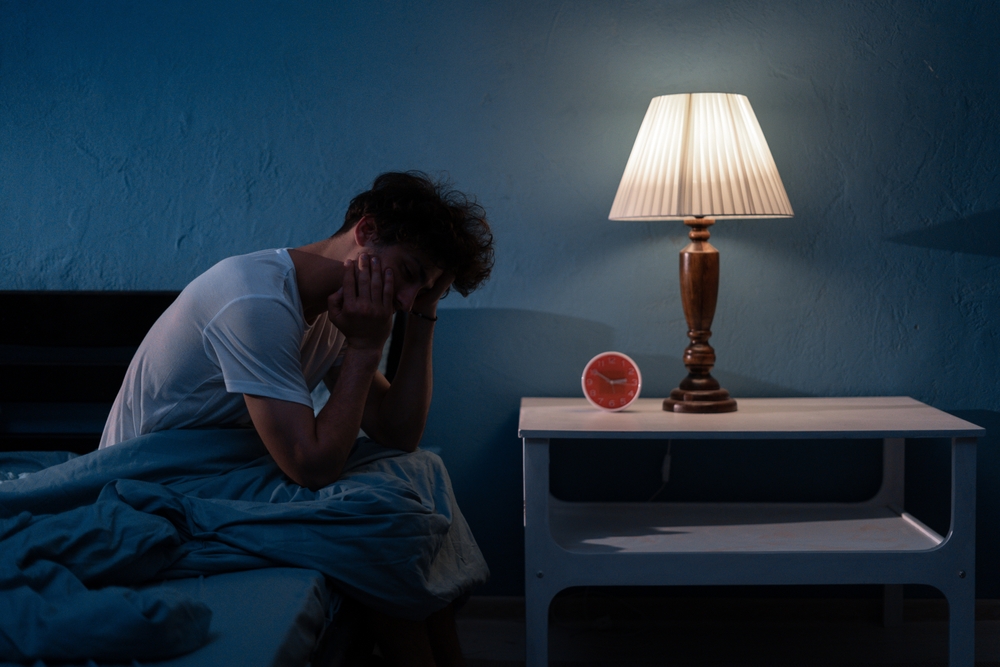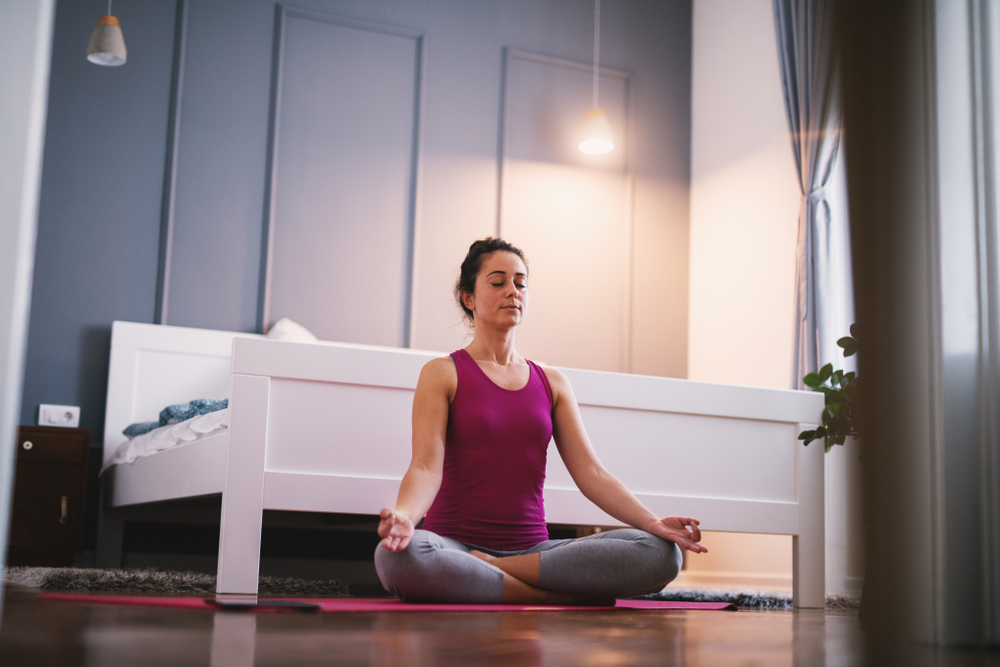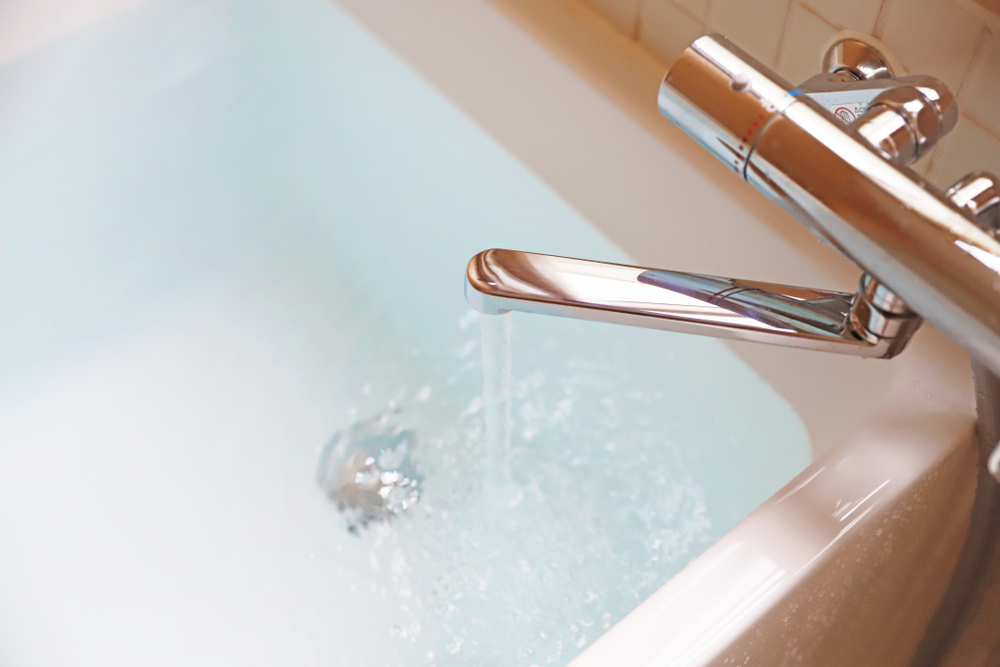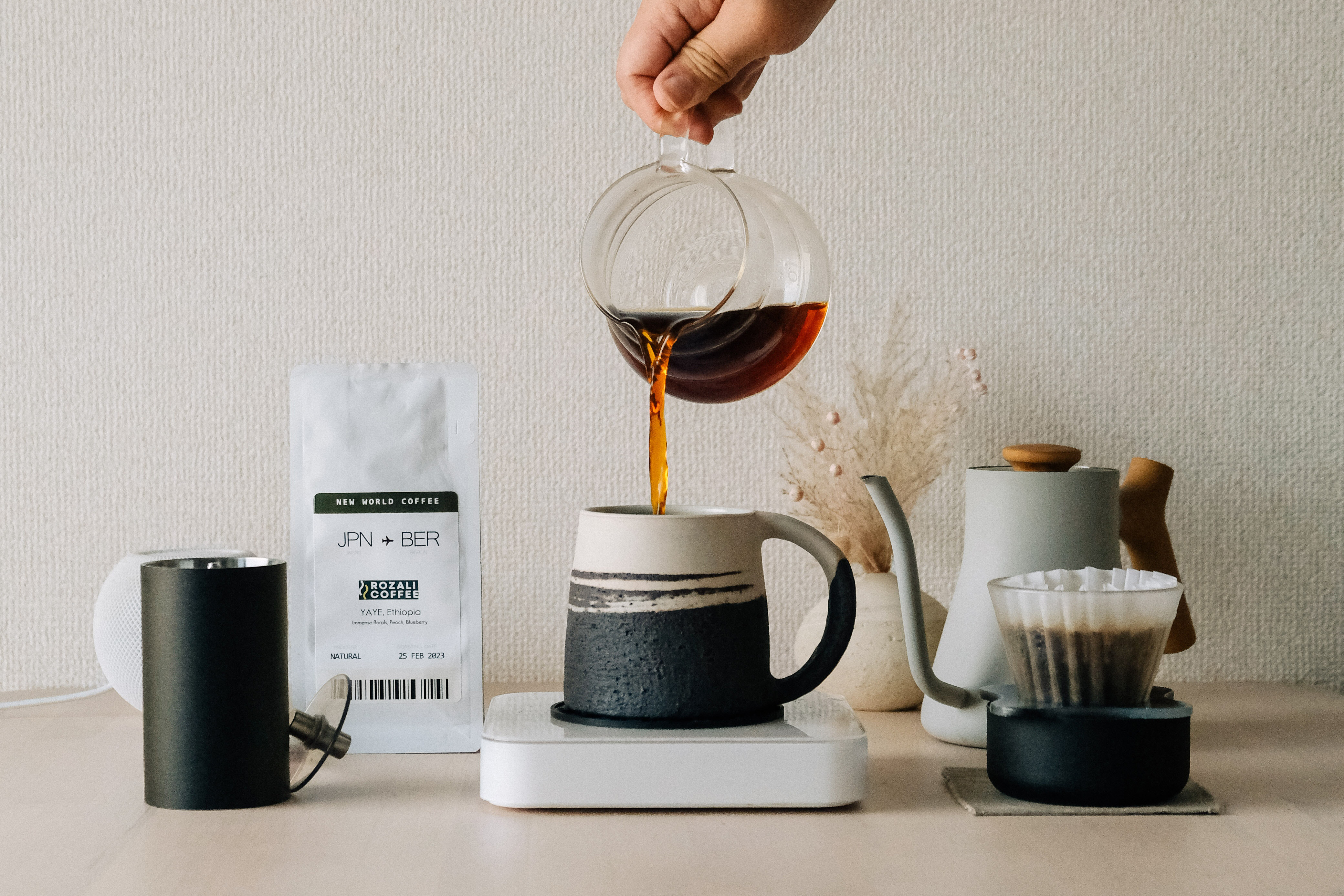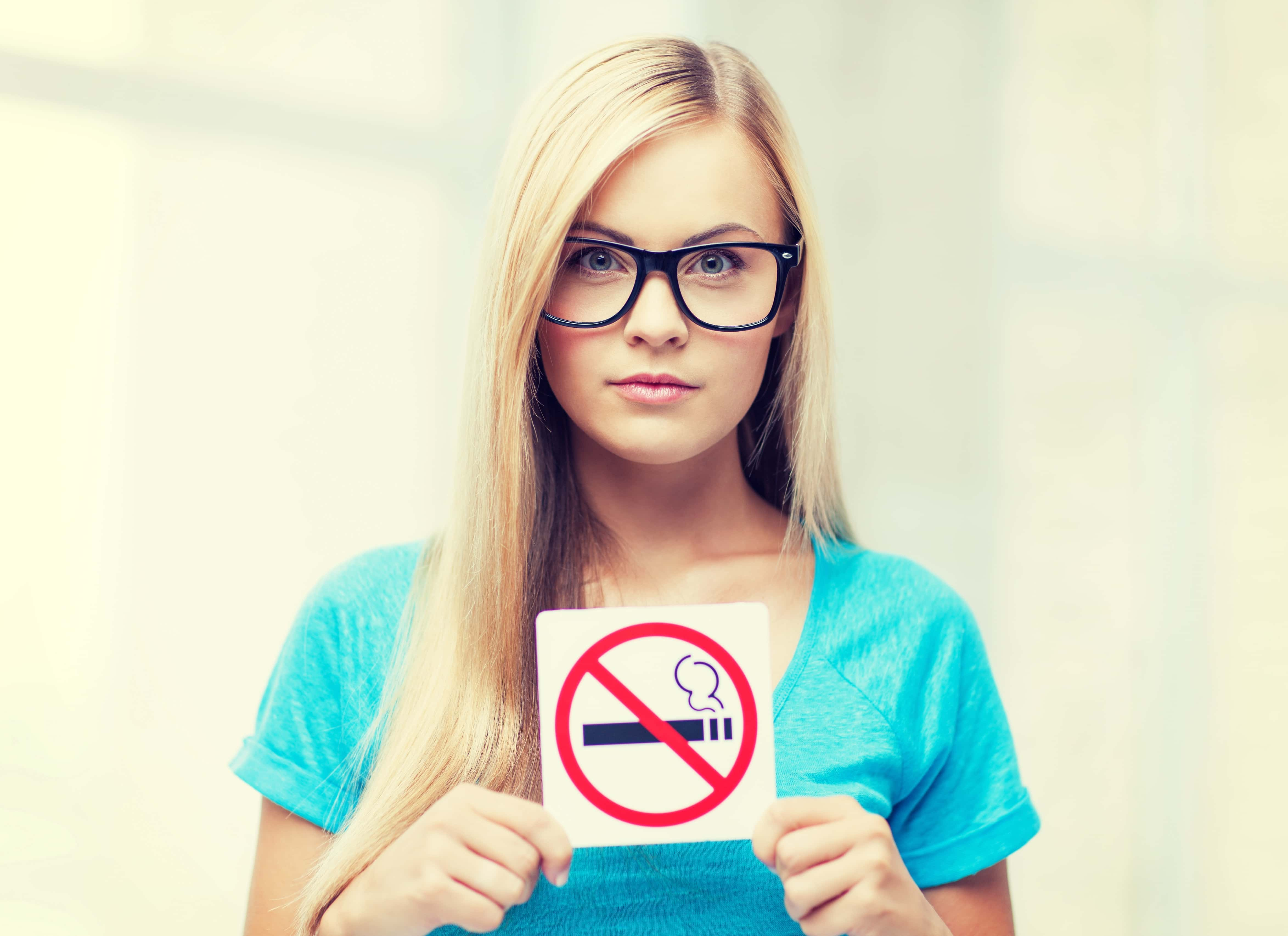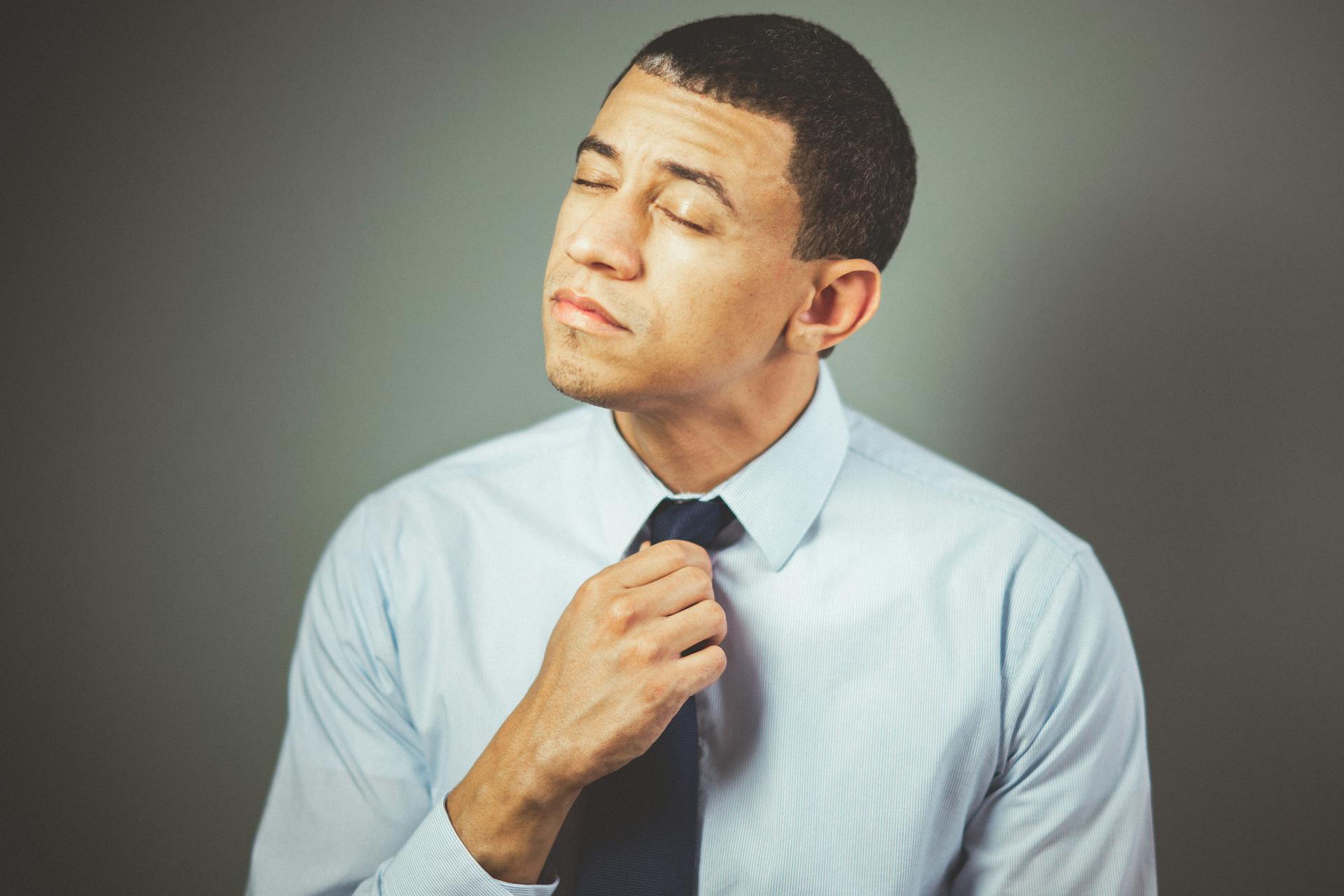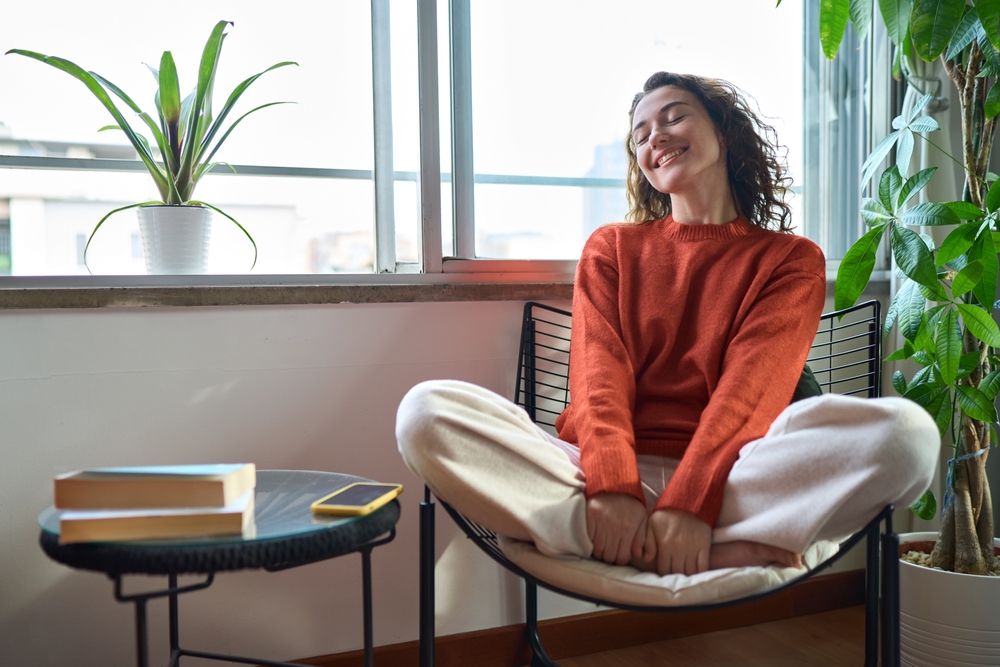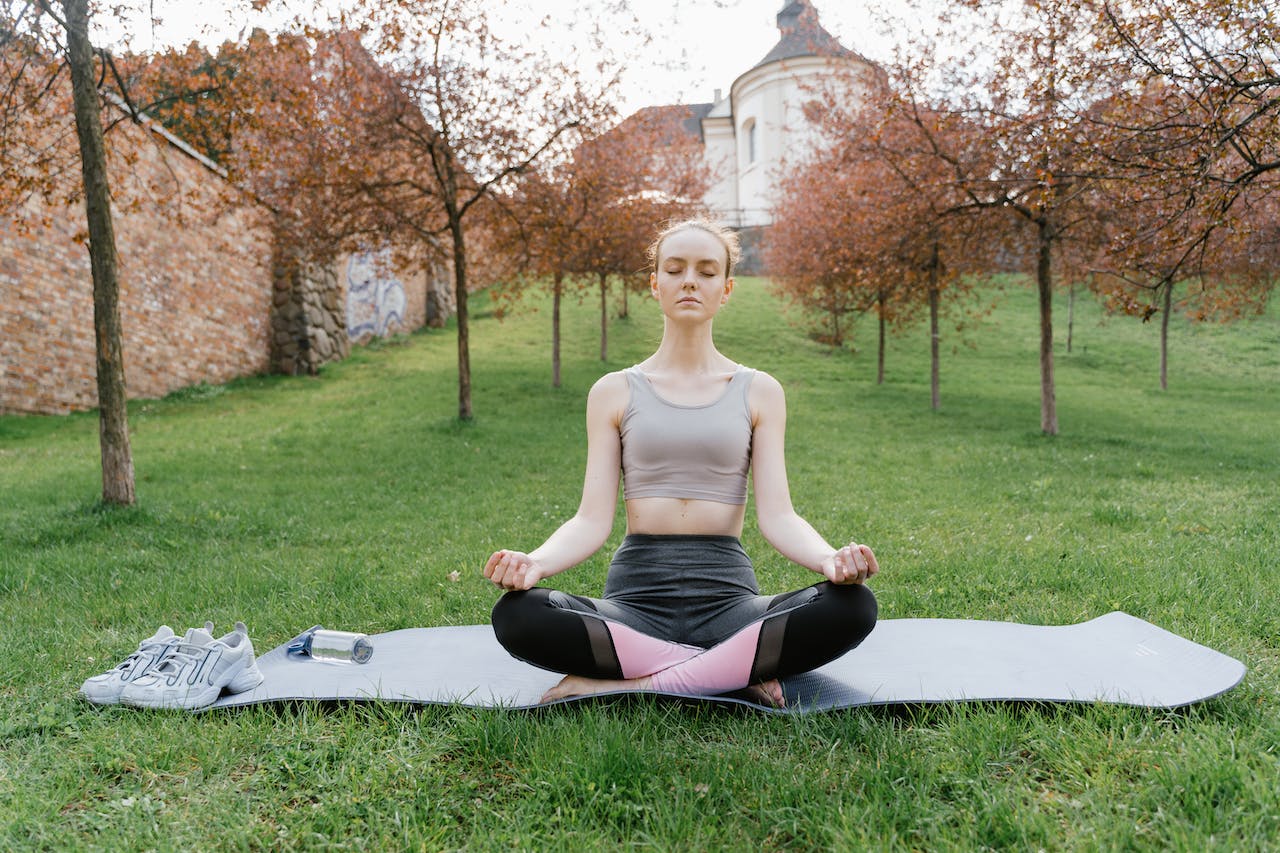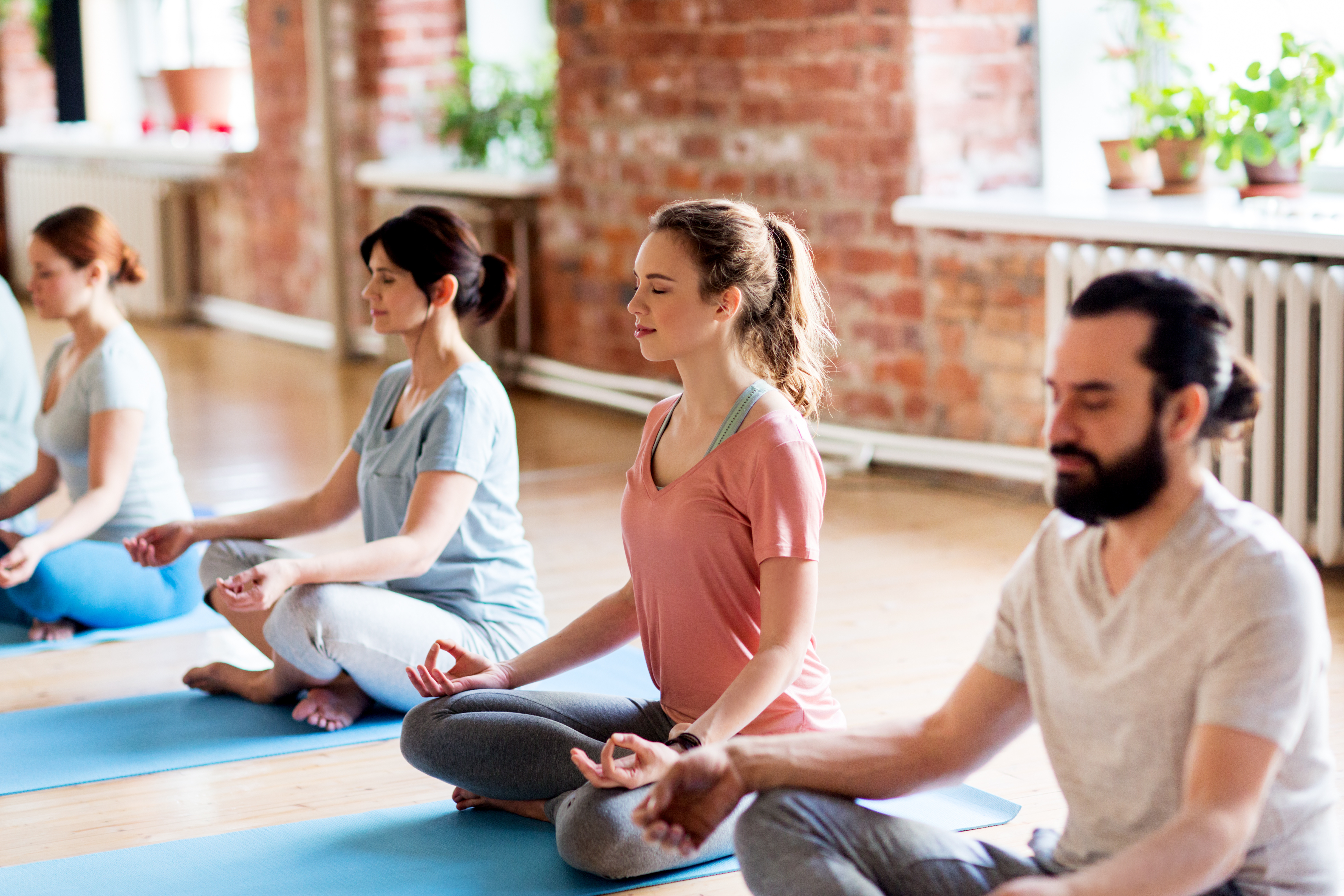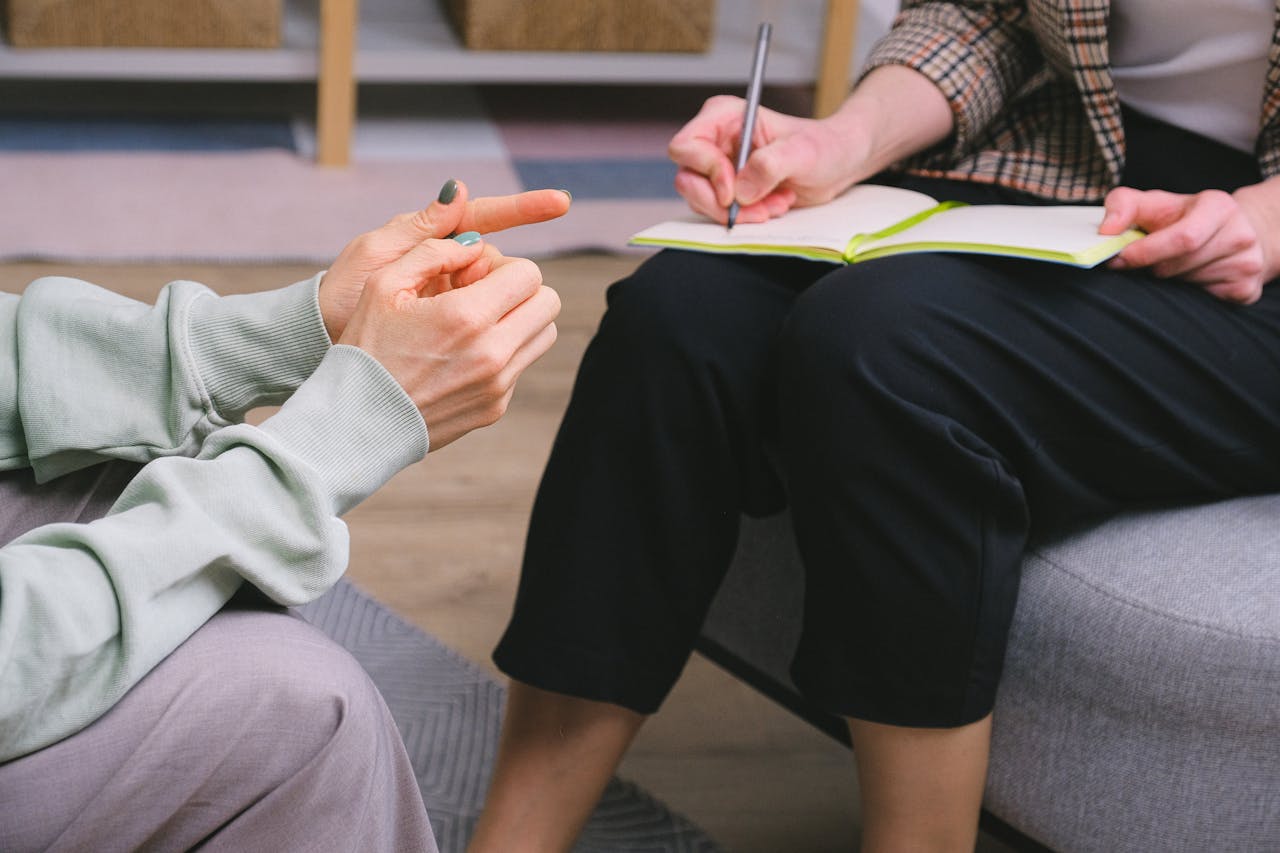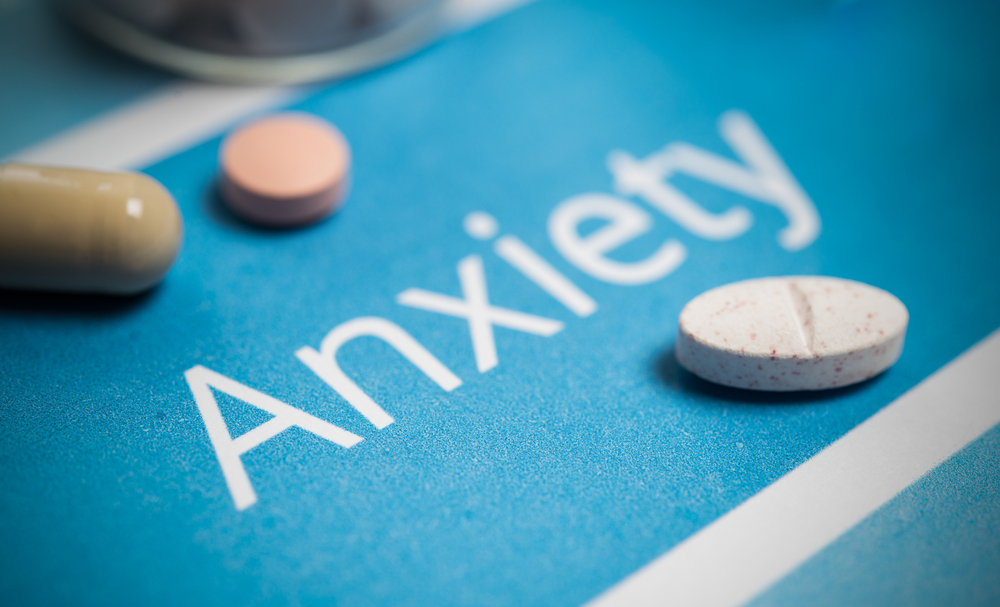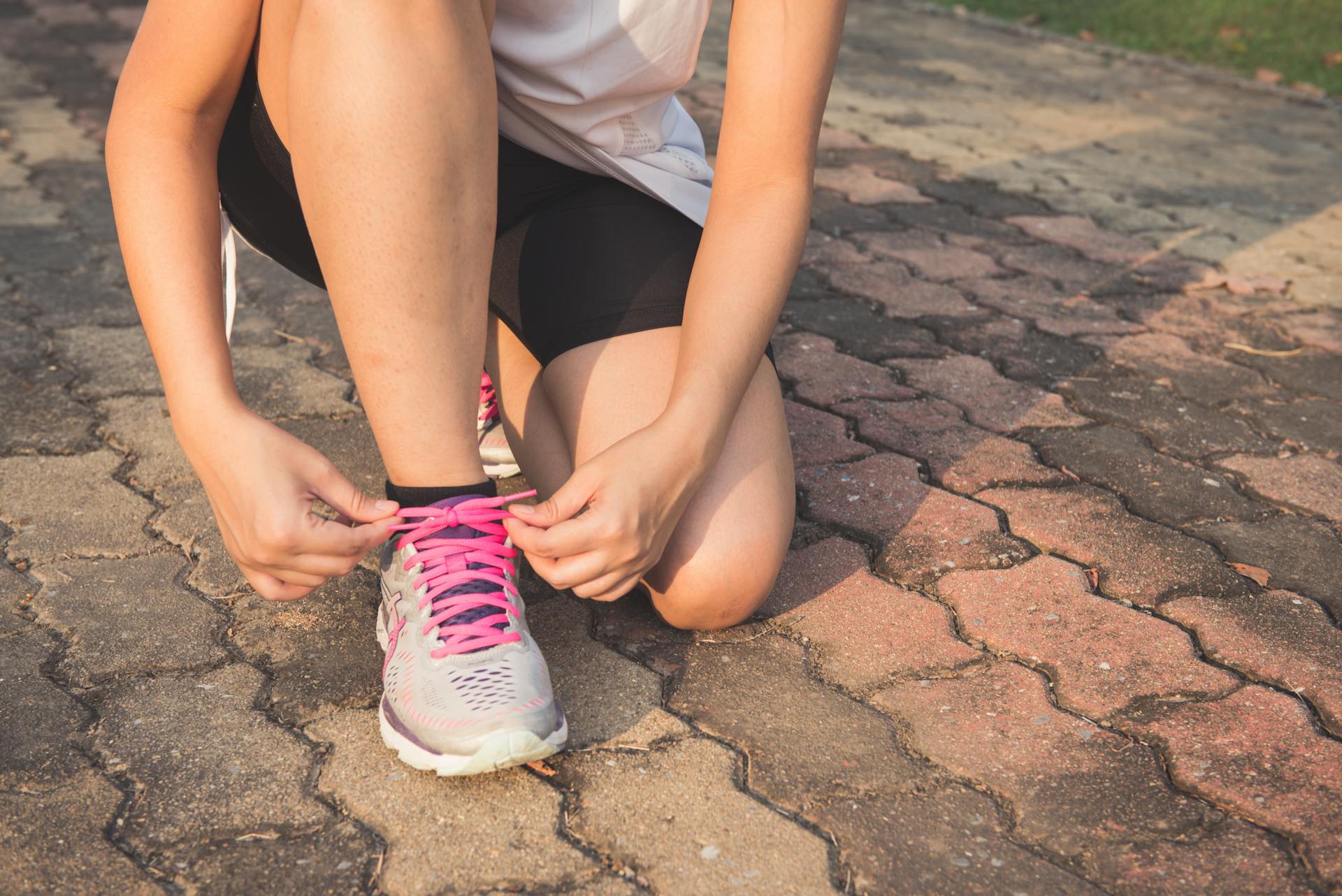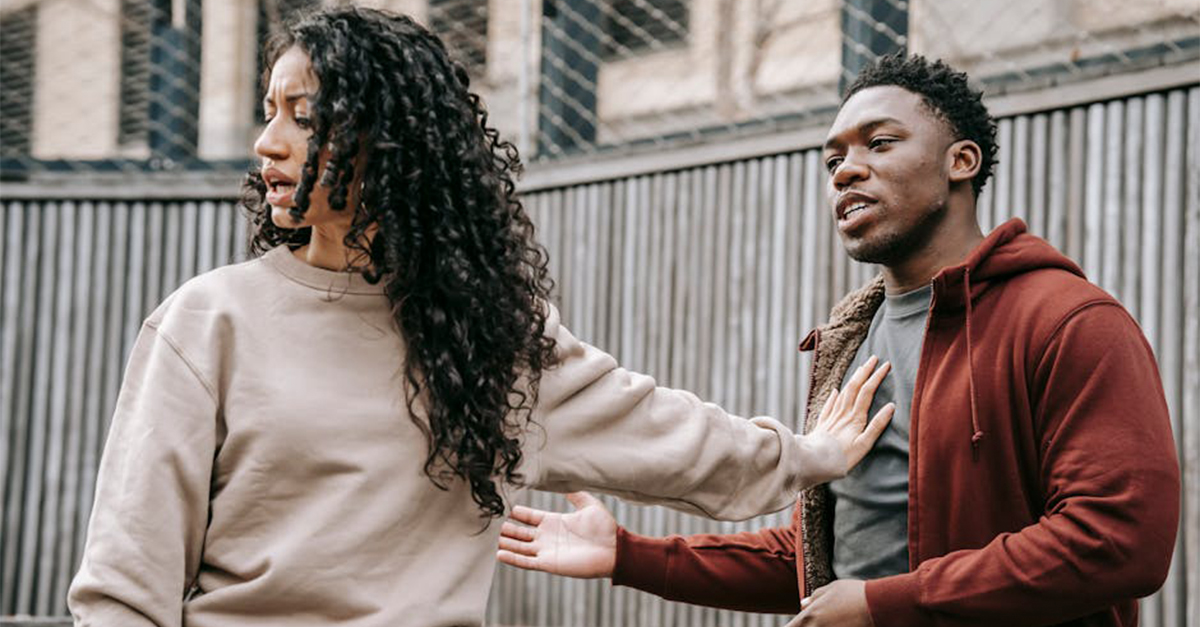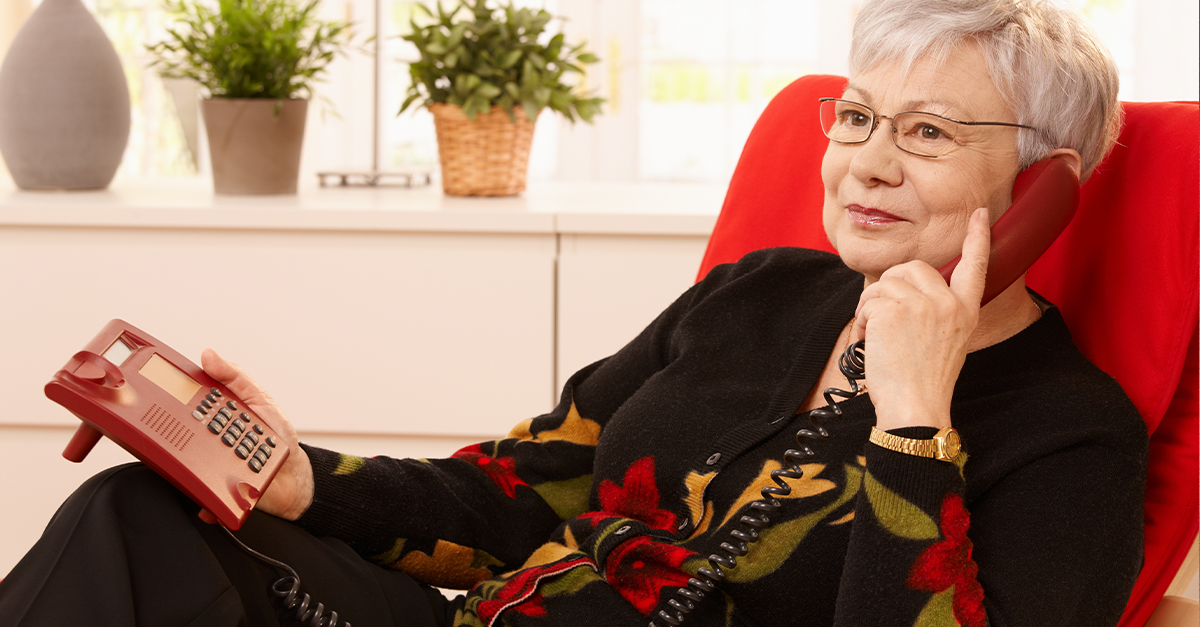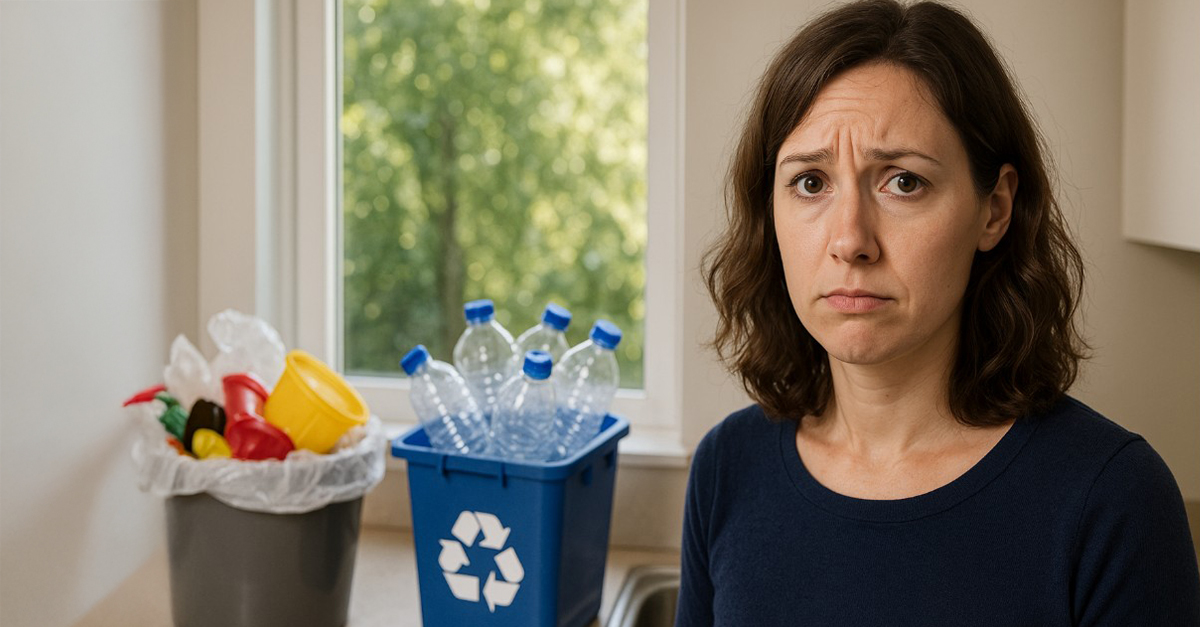What Is Anxiety?
Anxiety is simply an emotion—and yet, for some people, it has the power to rule over their lives. It can cause feelings of intense worry and tension, and can even manifest in physical symptoms like increased blood pressure and nausea.
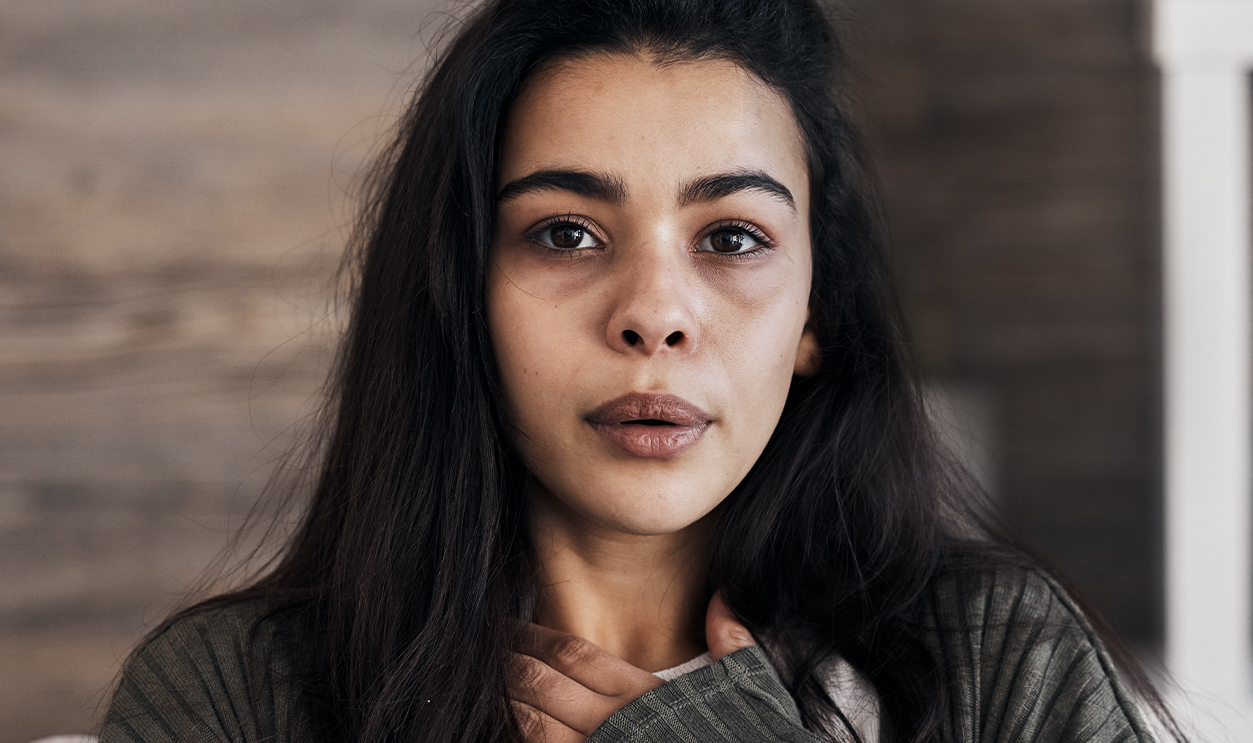
The Difference Between Anxiety And Fear
Though many confuse anxiety and fear, they are not the same emotions. Fear is an immediate response to an identifiable threat rooted in the present. Anxiety, however, is a response to future scenarios—a response that attempts to prevent a threat that hasn't even happened yet.
The Most Prevalent Mental Illness
In the United States, anxiety disorders are the most prevalent mental illness. These disorders exist on a spectrum; some are mild while others are chronic. One-third of the adult population in America will likely experience an anxiety disorder during their lifetimes.
Is It Disrupting Your Daily Life?
Anxiety indeed affects many, but some are more at risk than others. Past traumas and genetics play a role in whether someone may experience disordered anxiety. If anxiety is making it difficult for you to function, there are lifestyle changes you can implement to tackle it.
Journaling
Sometimes writing down the sources of your anxiety can help unburden your mind or even calm you down. Journaling is a practice that can help you track your emotions and identify what is causing your anxiety.
A Relaxation Practice
There are many techniques you can practice to help calm your nervous system and treat your physical symptoms: mindfulness meditation, yoga, and deep breathing.
A Relaxation Practice
Over time, relaxation techniques can allow you to have stronger control over your emotions. The more you practice, the more you'll be able to reduce your stress.
Stick To A Nighttime Routine
Those who suffer from anxiety may find themselves dealing with insomnia, which is the inability to fall asleep. This creates an infuriating cycle as the resulting lack of sleep can also cause anxiety.
Stick To A Nighttime Routine
If insomnia and anxiety are ruining your life, it might be time to focus on your bedtime routine. For better chances of a good night's sleep, try not to nap during the day. Before bed, practicing relaxation techniques like meditation and turning off all your electronics are beneficial habits.
Get 7-8 Hours Of Sleep
Stress and worry is only exacerbated by a lack of sleep. Seven to eight hours of sleep every night is a great habit to get into. Stay away from scrolling in bed before turning out the lights. Instead, try reading, meditating, or taking a warm bath.
Change Your Diet
It may sound simple, but changing one's diet can be a difficult lifestyle change. However, if anxiety is dominating your life, balancing your diet—with a focus on nutritious food—can benefit your brain and body. Hydrating more and reducing caffeine and sugar is also recommended.
Lessen Your Intake Of Alcohol And Caffeine
As you may already know, anxiety can make your blood pressure increase and cause your heart to race. As stimulants, caffeine and alcohol will do nothing to calm your nervous system down and can exacerbate anxiety.
If reducing your caffeine and alcohol intake is too difficult, try speaking with your doctor about potential medications that will help you quit them.
Quit Smoking
Though you might think smoking can help you relax, the opposite is true: It can increase feelings of anxiety. Speak to your doctor if you're addicted to smoking because finding a way to quit this habit will improve your anxiety, as well as your overall physical well-being.
Accept That Bad Things Will Happen
Challenging, and even horrible events, happen in life. You just can't plan for everything. Instead of wasting precious time worrying about what may, or may not, happen, try to ground yourself in the present moment.
Ground Yourself In the Present Moment
A large part of quelling anxiety is being critical of your own thought processes. Cyclical and negative thinking adds fuel to the fire of anxiety. Instead of giving into your thoughts, or believing every thought to be true, remember that they are just thoughts.
Use grounding practices like meditation to bring yourself back to the present.
Start Meditating
Though some may scoff at the idea of meditation, the science doesn't lie. According to studies, meditation can decrease anxiety and stress by up to 20 percent. Racing thoughts and fixation are often a big part of anxiety, and meditation works against this by quieting the mind.
Start Meditating
If you've never meditated before, begin with a shorter period of time—just 10 minutes a day. Beginners might also benefit from following guided meditations to better keep their minds from wandering.
Speak To A Therapist
The best way to manage your anxiety disorder is to talk to a therapist. CBT—cognitive behavioral therapy—is known to be especially effective for treating anxiety.
Speak To A Therapist
CBT is a form of talking therapy that dives into how your responses and feelings are affected by your attitudes, thoughts, and beliefs. But there are also other therapies like psychodynamic psychotherapy and dialectical behavior therapy.
Speak To A Therapist
Dialectical behavior therapy will help people with anxiety cope with their symptoms, while psychodynamic therapy delves into the unconscious elements that are potentially worsening or causing anxiety.
Prescription Medication
Though anxiety medication may work for some people, it may not be appropriate for every case. Some patients find that some medications' side effects are actually worse than the anxiety they're attempting to manage.
Prescription Medication
Before going on anxiety medication, it's wise to explore all your options and discuss these thoroughly with your doctor. Usually, antidepressants are the common route people take, which can also be helpful if you experience both depression and anxiety.
Get Active
Physical activity might sound daunting if your mind isn't in a healthy place, but if you can manage to incorporate a workout routine into your lifestyle, it is a surefire way to ease anxiety symptoms.
Drink Water
Yes, yes, we've heard it so many times before, but drinking water really does have so many benefits. When you're hydrated your brain functions better—it can help with decision-making and gives you a clear mind. This can definitely help you cope with anxiety and stress.
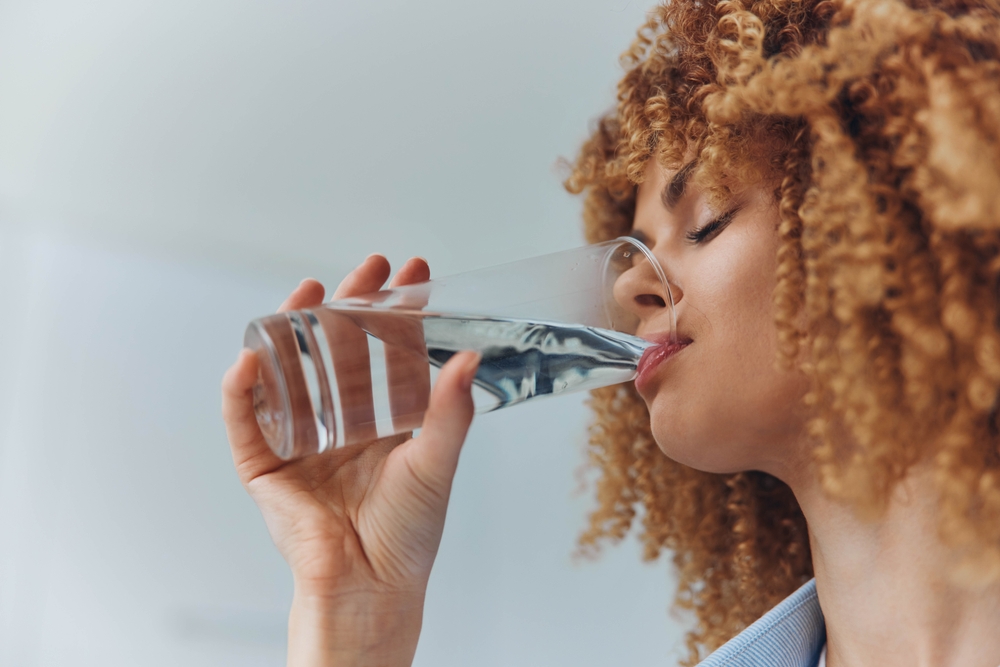 ShotPrime Studio, Shutterstock
ShotPrime Studio, Shutterstock

